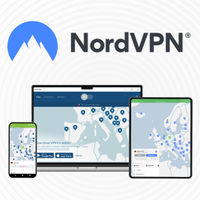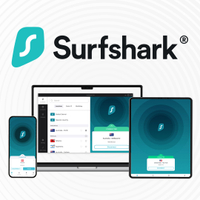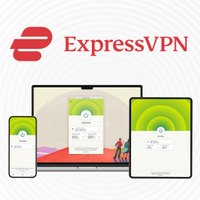What are the benefits of using a VPN in 2025?
VPNs are a lot more versatile than you might think...
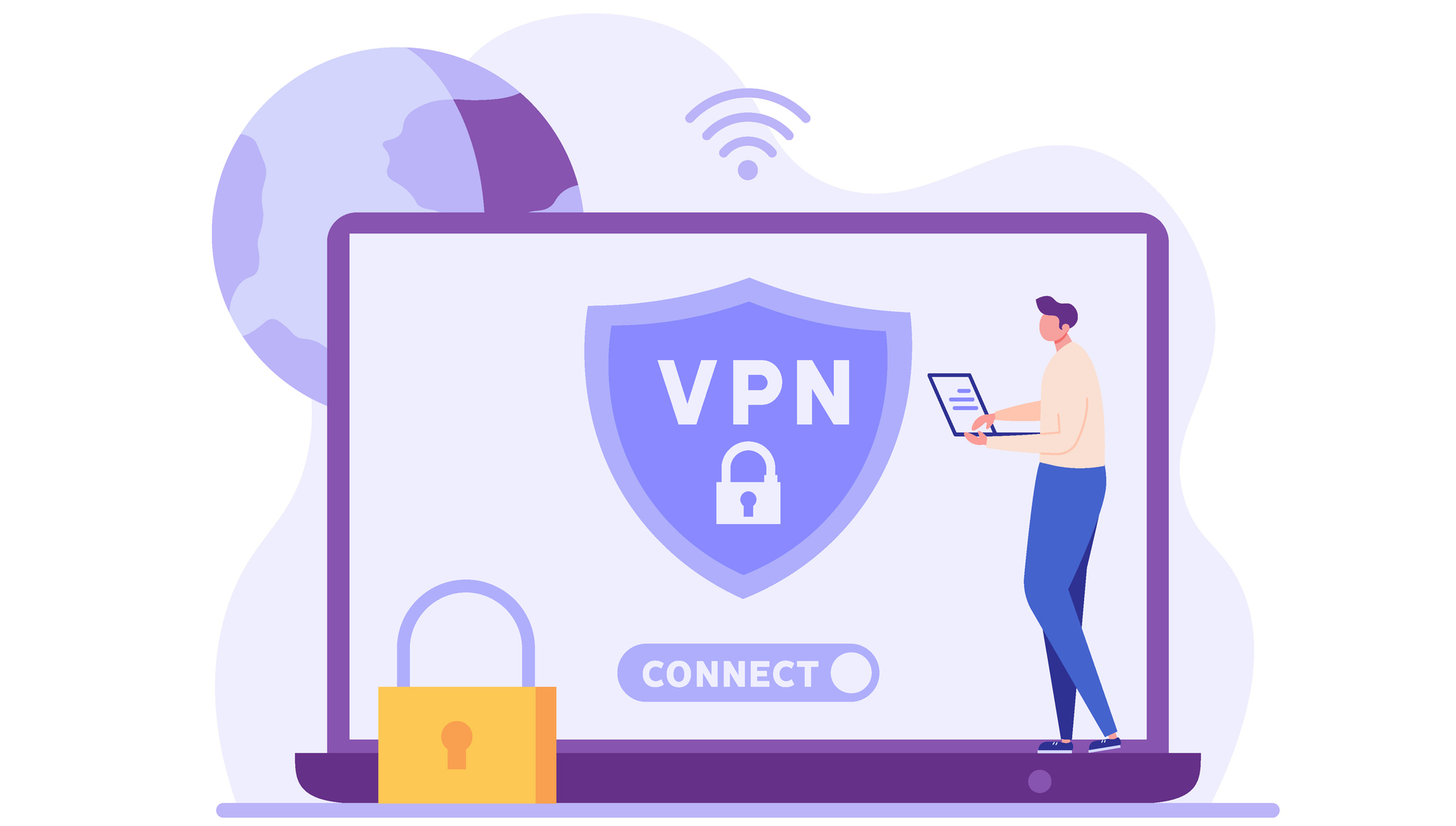
Anyone who's spent any time on the internet knows it's not always a safe place to be. In amongst the crafty cybercriminals and fraudsters, you've got data leaks and malware just waiting to spoil your day. So, if you have a vested interest in your digital privacy, a virtual private network (VPN) should be at the top of your wish list.
The best VPNs route your data through a secure tunnel as it leaves your device and heads toward the website you're trying to access. It's encrypted, which makes it unreadable to any would-be snoopers, and means you can go about your browsing without worrying about who might be looking over your shoulder. However, there's much more to VPNs than this.
The TechRadar team of VPN experts has 15 years of experience under our collective belt. We use them every day, at work and at home, which means we're well acquainted with their big-time benefits and their lesser-known perks. So, keep reading, and we'll dig into my top 8 VPN benefits.
The three best VPNs in 2025
1. NordVPN - from $3.39 per month
The best VPN for most people
NordVPN is our top-rated service and an industry veteran – as well as an awesome all-rounder. You'll get user-friendly apps for all of your devices and handy ad-blocking tools that'll get rid of pesky ads and trackers. Plus, with servers in 111 countries, you'll have no trouble checking out what's new on US Netflix, BBC iPlayer, and other region-specific streaming platforms. Take NordVPN for a test drive with a 30-day money-back guarantee.
2. Surfshark - from $2.19 per month
The best cheap VPN (and the fastest)
Surfshark packs a ton of features into tiny subscriptions – proving that you don't need to pay an arm and a leg for a premium provider. Surfshark is the total package, with impressive speeds and unblocking power that provides reliable access to the likes of Netflix, Amazon Prime, Disney+, and plenty of other platforms. If you're into online gaming or torrenting (or just want to tune in to movies without buffering interruptions), you'll also be glad to know that Surfshark is currently the quickest service we've tested. Try it in your own time, risk-free, with a 30-day money-back guarantee.
3. ExpressVPN - from $6.67 per month
The best VPN for beginners
ExpressVPN is my go-to recommendation for VPN newbies because it's just that easy to use – just pick a server and hit the big "Connect" button. ExpressVPN only takes a few clicks to get set up, too, no matter which platform you install it on and has all the tools you need to keep your browsing sessions safe from third-party snoopers. The VPN also lives up to its name – it's wickedly fast, and more than capable of keeping up with HD and 4K streaming. See for yourself with a 30-day money-back guarantee.
VPN advantages
When I chat with family and friends about VPNs (after they innocently inquire after my work day), they'll often wonder why they'd need a VPN – especially if they're not getting up to anything shady online. It's a good question that I hear all the time so, keep reading, and I'll run through the main benefits of using a VPN.
1. Secure your anonymity
As you surf the web, scrolling through what's new on Facebook or trying to talk yourself into making that one impulse purchase, you're leaving digital footprints. The kind of device you're using, your approximate location, your IP address, and your browsing history – they're traceable for anyone with the know-how.
A VPN hides your IP address, routing your connection through one of its many servers. Doing so ensures that your online adventures remain (pretty much) untraceable. Plus, as an extra bonus, the most secure VPNs offer strict no-logs policies that prevent your sensitive data from being stored by your provider.
With a VPN, you're not just boosting your anonymity, either, but you'll also be protected when engaging in a little P2P file sharing. Torrenting VPNs can also improve your overall downloading experience thanks to faster connection speeds and, in most cases, unlimited bandwidth.
Sign up to the TechRadar Pro newsletter to get all the top news, opinion, features and guidance your business needs to succeed!
2. Shielding data
VPNs and proxy servers both shield your original IP address from prying eyes and mask your location – but VPNs go one step further than proxies. With a VPN, all of your data is routed through an encrypted tunnel that prevents hackers, your internet service provider (ISP), your workplace or school, and even the government from accessing and exploiting it.
There are a lot of different VPN encryption protocols on the market. They define how the VPN connects to its servers and how your data is sent, received, encrypted, and decrypted.
As of today, OpenVPN and WireGuard are the industry's best and most reliable protocols. OpenVPN is most resource-heavy but considered virtually bullet-proof, whereas WireGuard is quick, lightweight, and a favorite of streamers and gamers alike. Other companies, like ExpressVPN and NordVPN, have even developed their own protocols based on the same technology.
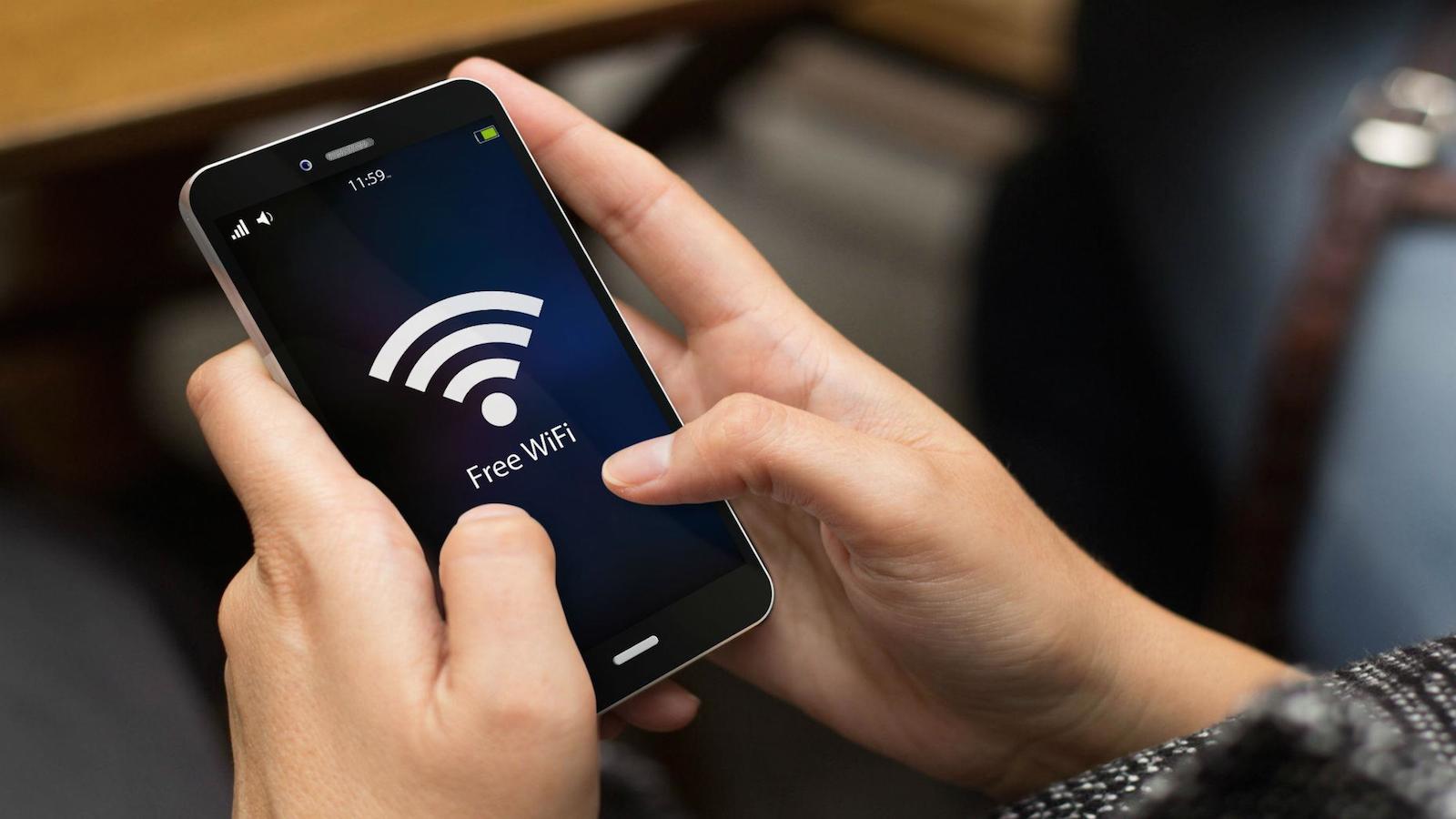
3. Unblock streaming content
Nowadays, there are more streaming platforms out there than is, frankly, reasonable. Classics like Netflix and BBC iPlayer, and regional services like ITVX and 9Now; they tend to have one thing in common, and it's geo-restrictions.
These annoying blockers prevent folks from tuning in to a service's library of content if they're overseas. So, if you're in the United Kingdom and hoping to see what's new on HBO Max, you'll come face to face with a disclaimer stating that the service isn't available in your region.
Naturally, this is a problem for anyone looking to stay up to date with the latest releases or catch up with shows, movies, and sports from back home when on the move. One of the best features of a VPN, however, is its ability to spoof your location.
They do this by concealing your IP address and providing you with a new, temporary one based in the same location as the server you pick. To watch US-based content, just connect to a server in New York or L.A., and to browse through the BBC iPlayer library, take your pick of servers scattered across the United Kingdom.
4. Protected public Wi-Fi
Coffee shops, pubs, libraries, airports, hotels, schools: nowadays almost every public space offers a free Wi-Fi connection. They're undeniably useful – just think of all the digital nomads on vacation who need to link up with family back home, or remote workers setting up in their favorite coffee spot.
Unfortunately, the network traffic, and your identifiable data, is easily accessed, making free Wi-Fi hotspots popular targets for cybercriminals.
Unlike the router you use at home that's protected by a password and robust encryption protocols, public Wi-Fi connections are open to all. Sometimes, you don't even need a password to join them and start browsing.
Generally, it's a good idea to use a VPN whenever you'll be using public Wi-Fi (and doubly so if you're going to be making purchases, logging into accounts, or checking your banking app). It'll mask your original IP and encrypt your data which means that if someone does manage to intercept your activity, it'll be massively difficult for them to pinpoint your identity.
5. Boost online freedoms
In addition to the Great Firewall (which keeps folks in China from accessing social media sites and foreign content), the country takes an invasive approach to surveillance, and sniffs out VPN usage by using deep packet inspection (DPI). So, as you can imagine, a VPN for China is vital in 2025.
Masking your original IP address and approximate geographical location is even more important if you live somewhere with harsh government restrictions.
Let's say that you're living, or traveling through, a country with restrictive internet regulations, like Iran, Russia, or China, with its infamous Great Firewall. In some places, you'll find social media platforms and messaging tools blocked, which can make contacting friends and family a tricky task, and popular apps developed outside the country are often banned outright.
Most recently, in August, the Russian and Venezuelan governments moved to ban the privacy-friendly app Signal – and X has been banned in Venezuela, too. The restrictions come as part of a nationwide crackdown on dissent but, in one fell swoop, thousands of users have been cut off from their digital contacts and peer groups.
Similarly, journalists, researchers, and whistleblowers may be unable to access story material if certain news outlets have been censored.
Fortunately, a VPN allows you to connect to a server in a neighboring country and bypass these blocks, and render the web as accessible and open as it was intended to be.
6. Avoid ISP throttling
Throttling is a particularly annoying practice used by internet service providers (ISPs) to deliberately reduce your bandwidth or internet speed – and you might not be aware it's even happening.
Your ISP keeps tabs on what you get up to online, in a general sense, and if you do a lot of HD streaming, online gaming, or torrenting, it might decide that you're in danger of becoming a data hog, and tank your speeds. Annoying? Yes. Preventable? Yes, with a VPN.
Connect to a VPN server and your IP address will be hidden, meaning your ISP will no longer have a clear idea of what you're doing. So, if you're running a business, settling into a movie marathon, or just don't want your ISP meddling with your traffic speeds, a VPN is a simple solution.
7. Smooth gaming experience
With a gaming VPN, you'll be able to squash ping and latency, and all it takes is connecting to a VPN server near the game server. This is good news for fans of MMOs, fighting games, and other titles that necessitate quick reaction times and a crisp connection.
If you've been smacked by a DDoS (distributed denial-of-service) attack in the past, you'll know how disruptive they can be, and the threat of swatting and doxing attempts is, unfortunately, a looming possibility for streamers, too. Your VPN can handle this, though, by switching your real IP address with a shiny new one, temporarily. So, if a bad actor tries to target your network with a DDoS attack, they'll be stopped in their tracks, seeing as your VPN acts as a shield between them and you.
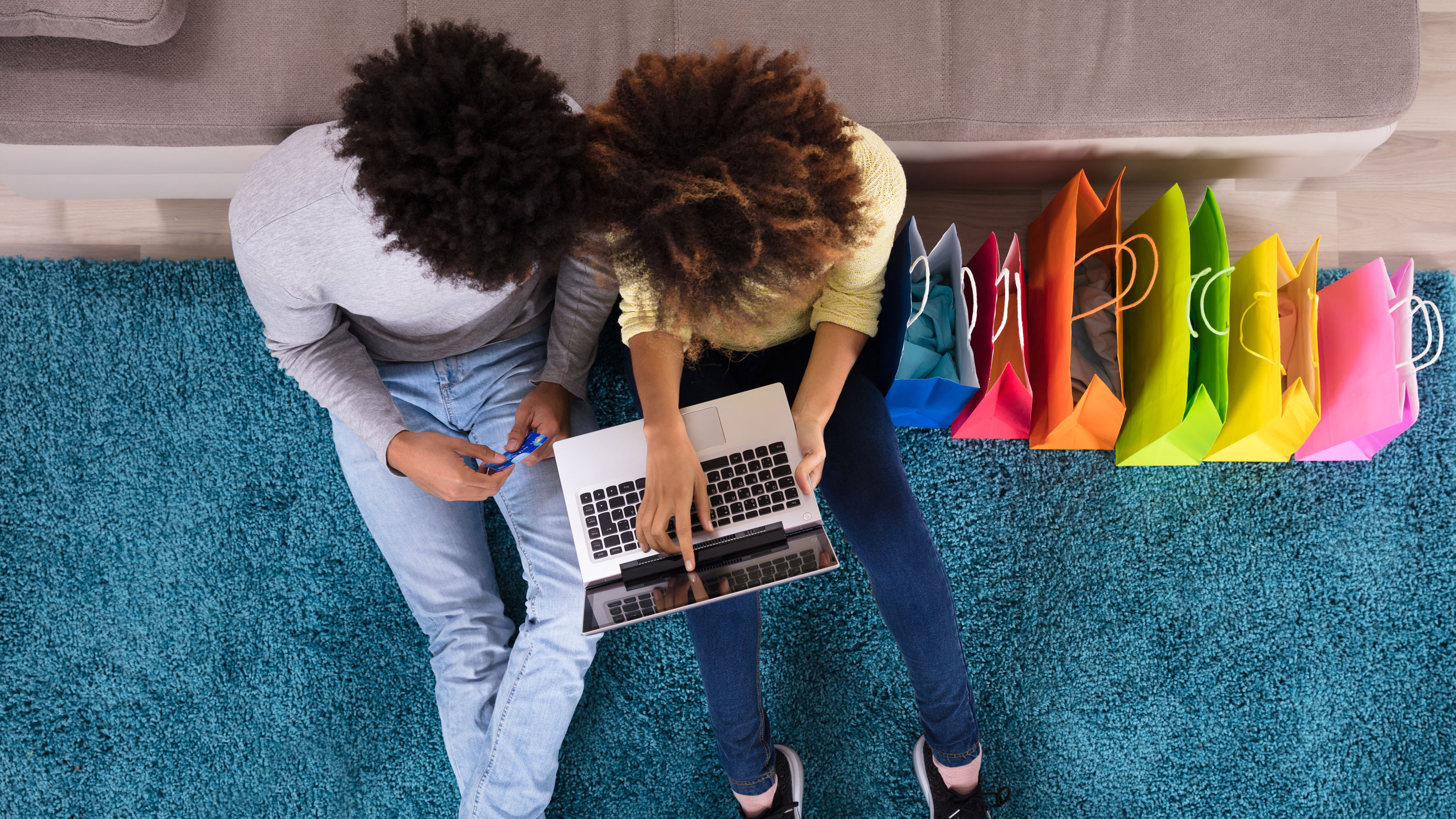
8. Bag online bargains
The goodies you see for sale on online marketplaces adjust their pricing based on your location. It's often called price discrimination and can be further impacted by how many times you visit a particular site, how much stuff you buy, and other shopping habits.
Because a VPN wraps your data and browsing sessions up in encryption, it puts a stop to this shady practice, which is especially handy for certain big-ticket purchases.
Let's say you want to pick up a cheap flight, for instance. Connect to a VPN server elsewhere, refresh your search, and compare the new prices against the ones served up to you when using your original IP address.
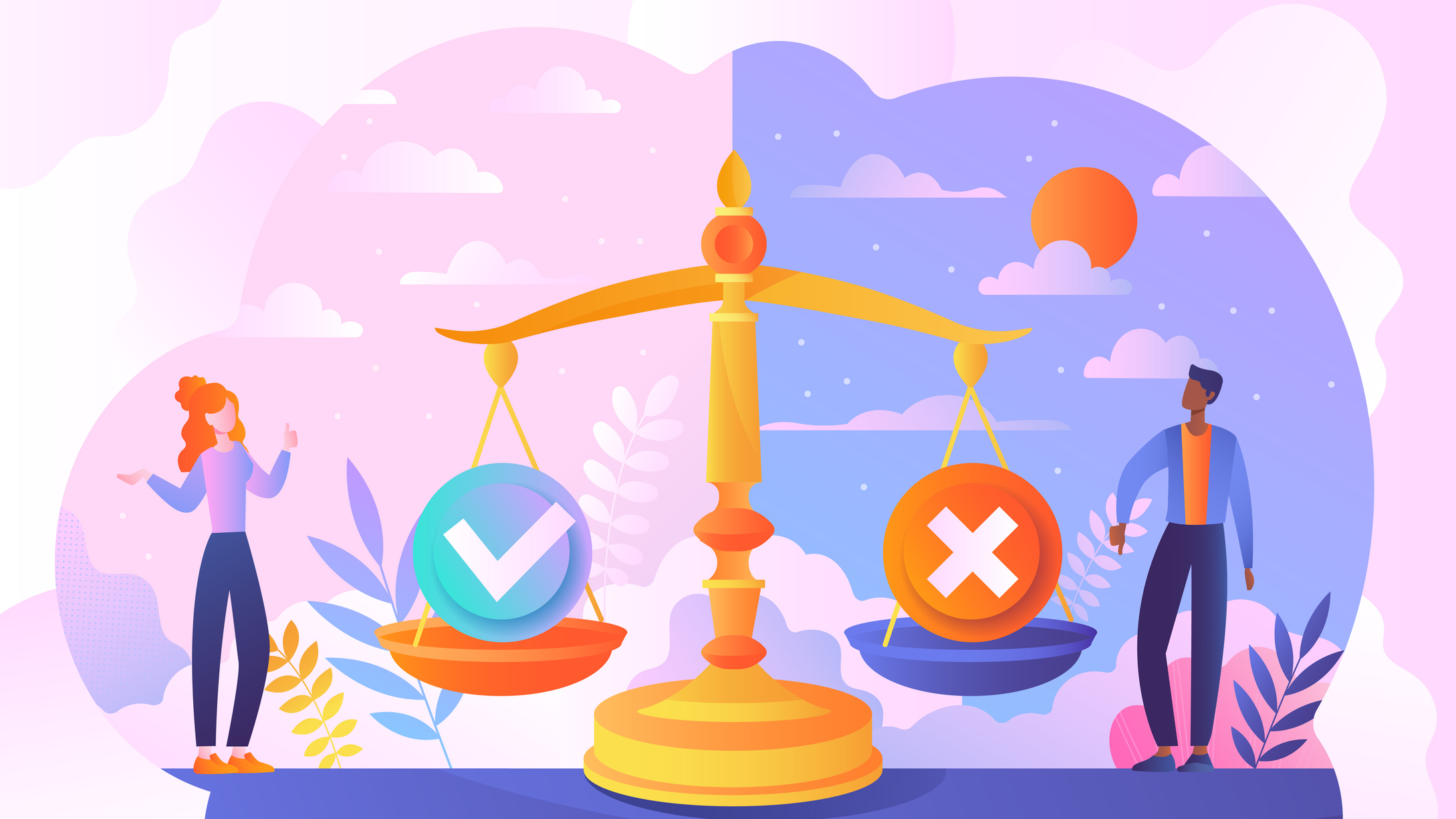
What are the disadvantages of using a VPN?
Much as every rose has its thorns, VPNs have some downsides, and it's important to weigh them up before you spend your hard-earned cash on a (potentially) lengthy subscription plan. Here are some of the most prevalent:
- Impacted speeds: a VPN adds an extra step to the journey your data takes when it leaves your device. Instead of heading straight to the website or service, it first gets routed through the VPN server, which can negatively impact your overall speed. The effect should only ever be negligible, however.
- Compatibility issues: although VPNs are more user-friendly and commercially available than ever, not all apps work with them. Android Auto is a good example of this—– as it'll pull up an error screen if you try and use it alongside a VPN. You can somewhat resolve the issue with split tunneling, but sacrificing your security for app functionality isn't ideal.
- Cost: this is a big one, and you're not alone if you're wondering if it's really worth shelling out a few dollars a month for something as intangible as a VPN. You'll save big if you pick up a long-term plan of multiple years, but providers offer shorter subscriptions, too. There are also some awesome cheap VPNs on the market as well as a handful of reliable free VPNs.
FAQs
Is a VPN worth using?
A VPN is definitely worth using. VPNs encrypt your identifiable data as it passes from your device and across the internet – making it unreadable to any third party snoops. This includes things like your browsing history, the messages you send on social media, and anything you download. Plus, by spoofing your original IP address, your VPN allows you to check out geo-restricted content and avoid VPN bans.
When should you not use a VPN?
VPNs, like any other app your download on a mobile device, can be a drain on your mobile data – so, if you're relying on it, you might want to switch your VPN off until you need it. You may not want to use a VPN when logging in to certain apps, too, like banking accounts and medical services, as they sometimes require you to log in from the country you registered your account.
When should I use a VPN on my phone?
You should use a VPN on your mobile phone whenever you connect to a free Wi-Fi hotspot – the ones you find in hotels, cafes, and airports. These connections are typically unsecure and hotbeds of cybercriminal activity. A mobile VPN encrypts your data, securing it from these bad actors, and allows you to connect to these hotspots without worrying about who could be looking over your (digital) shoulder.
We test and review VPN services in the context of legal recreational uses. For example: 1. Accessing a service from another country (subject to the terms and conditions of that service). 2. Protecting your online security and strengthening your online privacy when abroad. We do not support or condone the illegal or malicious use of VPN services. Consuming pirated content that is paid-for is neither endorsed nor approved by Future Publishing.

Chiara is a multimedia journalist committed to covering stories to help promote the rights and denounce the abuses of the digital side of life – wherever cybersecurity, markets, and politics tangle up. She believes an open, uncensored, and private internet is a basic human need and wants to use her knowledge of VPNs to help readers take back control. She writes news, interviews, and analysis on data privacy, online censorship, digital rights, tech policies, and security software, with a special focus on VPNs, for TechRadar and TechRadar Pro. Got a story, tip-off, or something tech-interesting to say? Reach out to chiara.castro@futurenet.com
- River HartTech Software Editor
You must confirm your public display name before commenting
Please logout and then login again, you will then be prompted to enter your display name.
